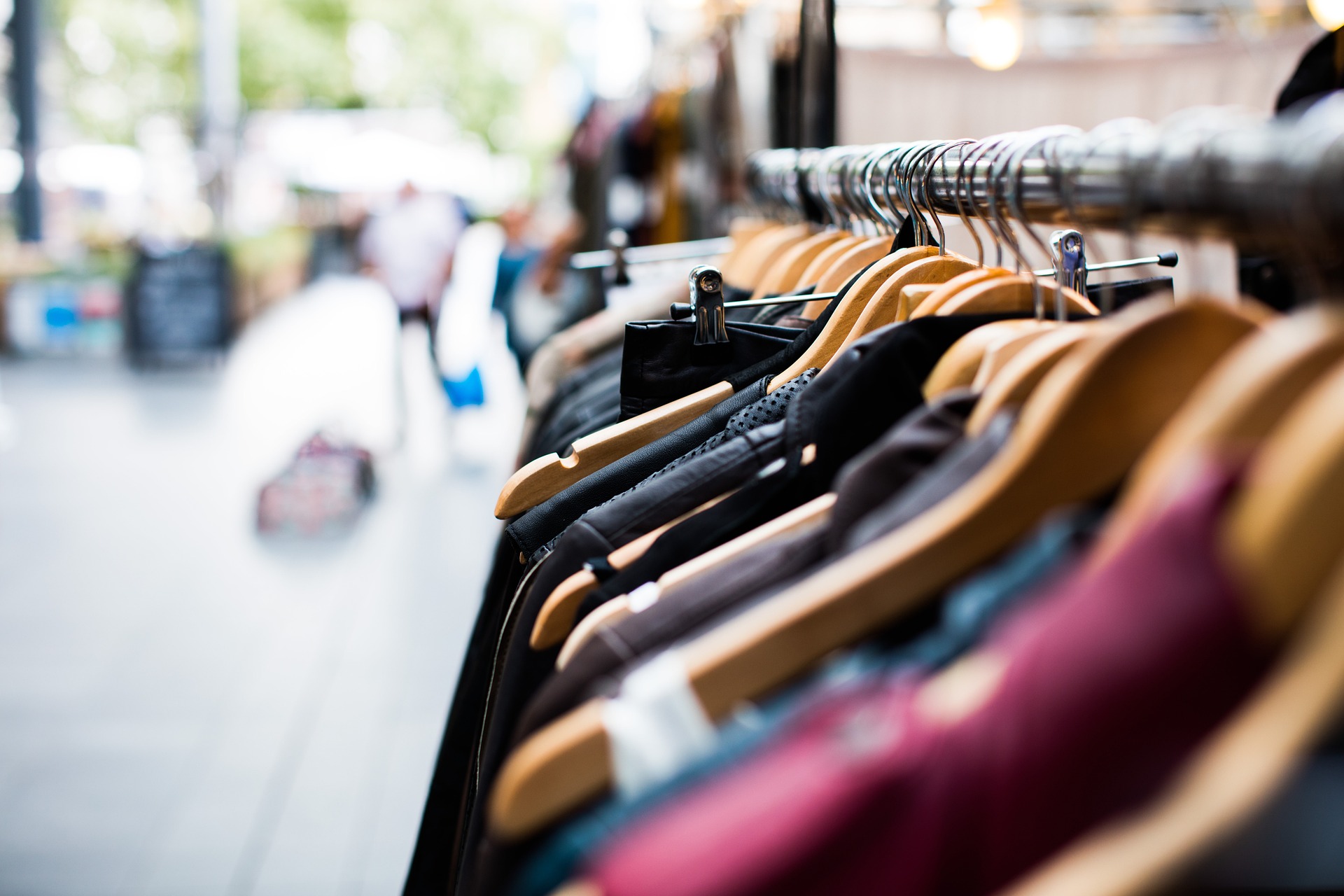B&Q owner Kingfisher has announced new targets for its vendors to drive decarbonisation efforts and reduce its substantial Scope 3 emissions.
The firm is setting three levels of common targets for vendors based on their contribution to Kingfisher's Scope 3 footprint. The 100 biggest vendors by emissions must create a Science Based Targets initiative (SBTi) aligned roadmap and decarbonisation target by 2028. The next 450 vendors must do the same by 2030, while all remaining vendors must set a climate reduction plan by 2030.
Kingfisher will collaborate closely with vendors, sharing training and expertise to support progress towards the ambitious targets. The company has enlisted Manufacture 2030, a cloud emissions data platform, to help vendors understand their emissions and develop roadmaps.
Over 90 per cent of Kingfisher's Scope 3 emissions are associated with its products from manufacturing to customer use. Vendor manufacturing alone accounts for around a fifth of these emissions within Kingfisher's supply chain.. With around 45 per cent of group sales coming from its own exclusive brands, Kingfisher is well-positioned to drive change, the firm said.
Kingfisher chief exec Thierry Garnier said: "Like most retailers, Scope 3 makes up the vast majority of our emissions, and to drive these down effectively we need the collaboration of our entire supply chain.
"The response from our vendor partners has been very positive and we are grateful for their support as we work towards our shared goal to help tackle climate change. By coming together as an industry to take on this critical challenge, we can forge a path towards a future that is low-emissions, positive for our businesses and our planet."
Garnier announced the targets at the Global DIY Summit in Rome, where he updated on progress made by the EDRA/GHIN Global Retail Scope 3 Taskforce which Kingfisher founded last year to drive industry collaboration on reducing emissions.
Latest News
-
£33m BrewDog sale to Tilray triggers 484 job losses
-
Wickes launches retail media network
-
Ikea China launches self-driving electric vehicles following successful pilot
-
Modella plans restructuring of TG Jones estate
-
Pepco Group launches app in Poland
-
Topshop holds ‘world’s first’ AI-driven shoppable fashion show
Beyond Channels: Redefining retail with Unified Commerce
This Retail Systems fireside chat with Nikki Baird, Vice President, Strategy & Product at Aptos will explore how unified commerce strategies enable retailers to tear down these barriers and unlock new levels of operational agility and customer satisfaction.
The future of self-checkout: Building a system that works for consumers and retailers
In this webinar, industry leaders discussed what the future of self-checkout looks like and how retailers can make the technology work for everyone.
© 2024 Perspective Publishing Privacy & Cookies











Recent Stories